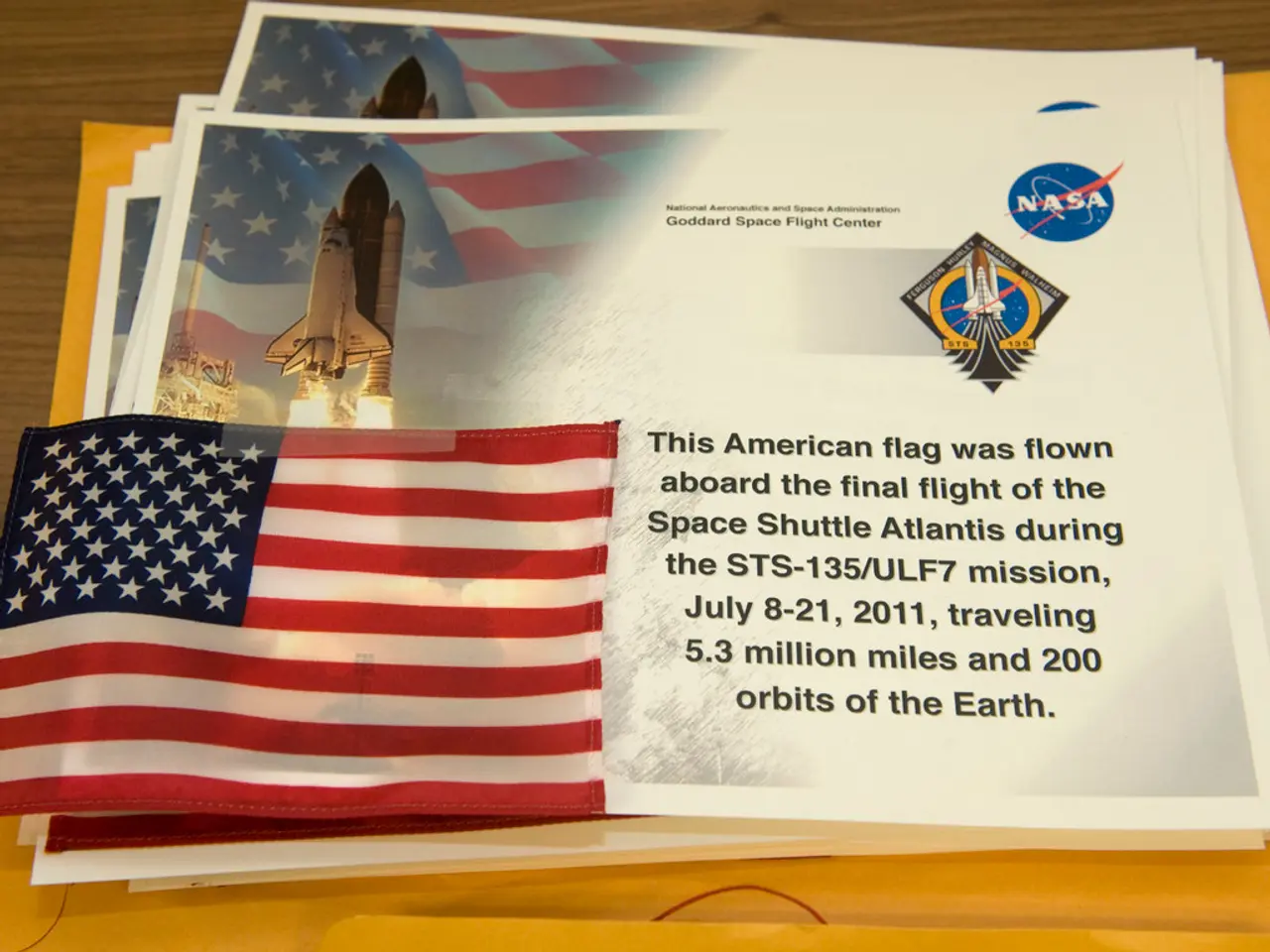Marking the 80th anniversary of the Nagasaki A-bomb, bomb survivors pin their hopes for a worldwide nuclear ban on the young generation.
On the 80th anniversary of the U.S. atomic attack on Nagasaki, survivors' narratives are being digitised and shared on social media platforms, offering a poignant reminder of the devastating impact of nuclear warfare. This solemn occasion, marked by ceremonies and silent prayers, serves as a poignant reminder of the 74,000 lives lost in the attack and the catastrophic humanitarian and nuclear consequences that followed.
The anniversary also underscores ongoing efforts towards nuclear disarmament amidst renewed global nuclear tensions. Japanese officials, including Nagasaki’s mayor and Prime Minister, have reiterated calls for peace and pledged to uphold Japan's non-nuclear principles, though Japan has not signed the Treaty on the Prohibition of Nuclear Weapons, preferring to rely on the U.S. nuclear umbrella.
The commemoration is not just a look back at history, but also a rallying point to combat the current risks of nuclear confrontation and fragmentation. It serves as a stark warning about the catastrophic consequences of nuclear weapons—more powerful today than the bombs dropped in 1945—and a call to action to prevent any future use of such weapons.
The 80th anniversary ceremony at Nagasaki Peace Park was attended by approximately 2,600 people, including representatives from over 90 countries. Speeches were delivered by Mayor Shiro Suzuki and Prime Minister Shigeru Ishiba, who reiterated Japan's pursuit of a nuclear-free world and pledged to promote dialogue and cooperation at the Non-Proliferation of Nuclear Weapons review conference in 2026.
Survivors like Fumi Takeshita, an 83-year-old survivor of the Nagasaki atomic bombing, continue to share their experiences with children, while others like Seiichiro Mise, a 90-year-old survivor, are handing "flowers of peace" to the younger generation. Teruko Yokoyama, an 83-year-old member of a Nagasaki organization supporting survivors, is concerned about the fading memories of the survivors, emphasising the urgency of preserving these narratives for future generations.
The ceremony was not without controversy. The government of China did not attend without providing a reason, and the ceremony last year stirred controversy due to the absence of the U.S. ambassador and other Western envoys in response to the Japanese city's refusal to invite officials from Israel.
As the number of Nagasaki atomic bombing survivors continues to dwindle, with their average age exceeding 86 and the number falling to 99,130, the need to preserve and share their stories becomes increasingly urgent. The 80th anniversary of the Nagasaki bombing serves as a poignant reminder of the past, a call to action for the present, and a vision for a future without nuclear war.
- The commemoration of the Nagasaki atomic bombing serves not only as a tragic reminder of the past, but also as a call to action in the current climate of renewed global nuclear tensions, advocating for nuclear disarmament and diplomatic dialogue.
- Amidst the ongoing efforts towards a nuclear-free world, the testament of survivors like Fumi Takeshita, Seiichiro Mise, and Teruko Yokoyama, who continue to share their experiences, becomes crucial in preserving and passing on these vital narratives to future generations, emphasizing the urgency of preventing any future use of nuclear weapons.






